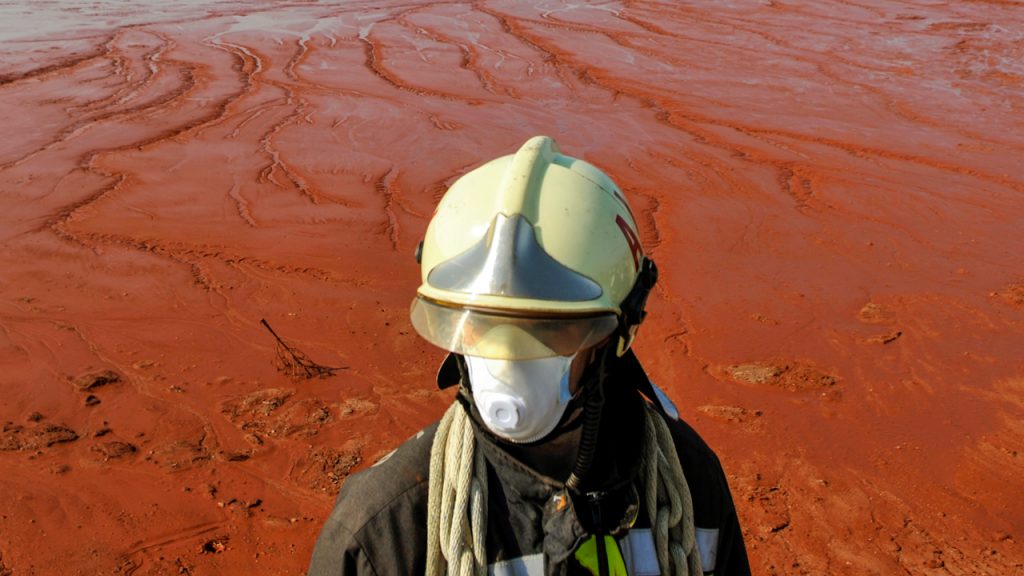Is red mud really useless except for causing pollution?
As we all know, in the process of producing alumina by the Bayer process, a large amount of waste residue will be produced, which is red because it contains a large amount of iron oxide, so it is called red mud. Due to its serious pollution, red mud caused a large number of projects to be stopped last year.

Bayer process red mud is characterized by high content of iron, aluminum and alkali. With the continuous increase of red mud stacking thickness and the special chemical composition of red mud, long-term aging will make red mud compacted non-metallic mineral materials compressible. It has been greatly reduced and has become a special non-metallic mineral material that pollutes the environment.
In recent years, with the advancement of technology, red mud has been processed and reused in various fields.
Application of red mud
①Cement
Because the chemical composition of red mud is similar to the chemical composition of cement raw meal, especially the sintered red mud, the main mineral component is dicalcium silicate, which is very similar to the main component of Portland cement, so it is mixed with An appropriate amount of limestone and sandstone can prepare cement raw meal.
②Ceramic glass
Using high content of red mud and blast furnace slag as raw materials, the content of red mud is 40% ~ 70%, the crystal nucleating agent is chromium oxide, and the glass-ceramics obtained by selecting the best formula can meet the requirements. , and the material has good mechanical strength, chemical stability, dark and bright quality appearance, good acid and alkali resistance, high thermal stability, and is an excellent building material.
③Concrete
Because red mud has a certain potential activity and the particles of red mud are very fine, some scholars have found that it can be added to concrete to improve the durability and mechanical properties of concrete.
④ Non-burning bricks
Because red mud itself contains part of carbon sulfide and a certain amount of amorphous aluminosilicate, it can undergo geopolymerization. At present, some manufacturers have used red mud as the main raw material to produce a variety of bricks, including non-burning bricks, black granular decoration Bricks, fly ash bricks and ceramic glazed bricks, etc.
Due to the large market of building materials in China, especially after the production of clay solid sintered bricks is banned in my country, new building materials have a broader market prospect.
⑤Environmental restoration
The chemical composition of red mud is stable, the particles are relatively small, the specific surface area is relatively large, and it has a cemented pore-frame structure, and the effective solid sulfur content is high, and it has a strong adsorption capacity for harmful gases such as SO2 and NO2. Therefore, It can replace lime to treat waste gas. If the Bayer process red mud is used as the raw material, after various steps such as water washing, acid washing, roasting and activation, a water treatment agent with superior performance can be prepared, and to a certain extent, the treatment of various heavy metal ions and metal ions in wastewater can be realized. And the adsorption of some harmful radioactive elements.
